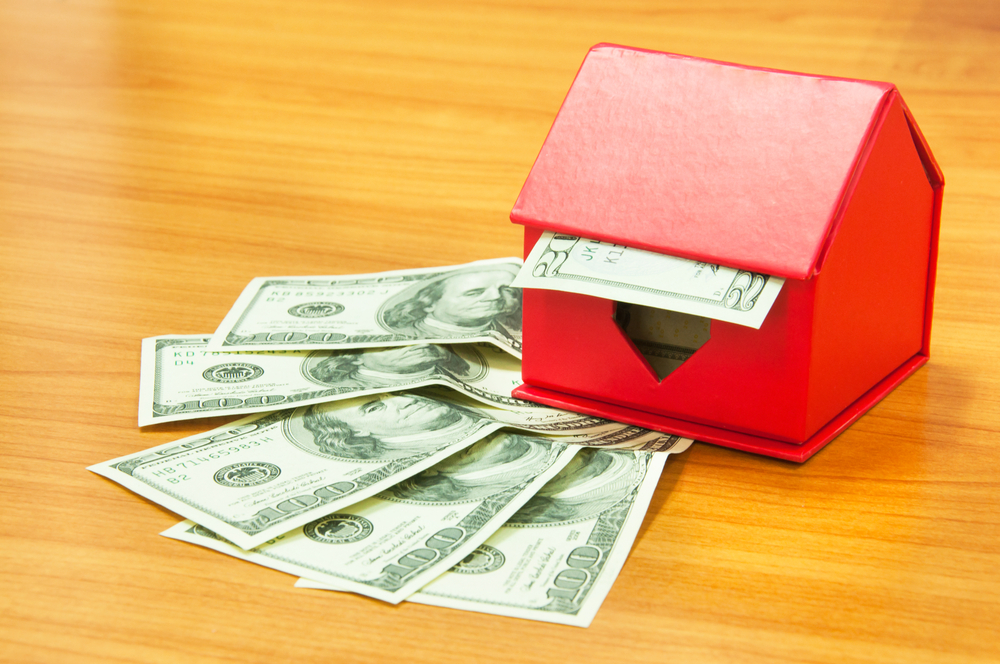 For many consumers, their largest single monthly bill is the cost of their home. When they factor in mortgage payments, property taxes and other costs of home ownership it can equal a significant portion of their monthly paycheck.
For many consumers, their largest single monthly bill is the cost of their home. When they factor in mortgage payments, property taxes and other costs of home ownership it can equal a significant portion of their monthly paycheck.
Ideally, these expenses should equal no more than 26 percent of your monthly budget. However, if you find you’re spending more than that, you may find that it’s affecting your ability to maintain a budget and pay off credit card debt.
If you are in this situation, you may want to look at a home mortgage refinance as a means to lower your monthly expenses.
Home Mortgage Refinance
A home mortgage refinance is a program that allows homeowners to refinance the terms of their current mortgage. This may include negotiating a lower interest rate, and/or adjusting the length of the mortgage.
For example, let’s say that you have a balance of $100,000 remaining on your home mortgage, you still owe 20 years on the mortgage, your interest rate is 6 percent, and your monthly payment is $900. If you refinance your mortgage to lower your interest rate to 4 percent, you could save almost $300 a month. If you adjusted your timetable to a 30-year mortgage, you could save an additional $120 a month.
This can have the benefit of lowering your monthly payment. This frees up more of your income which you can then apply toward paying down your debt or putting toward savings for the future.
Refinance with Care
While a home mortgage refinance can be helpful to many homeowners, it’s important that they keep the following in mind before they sign:
- Be aware that most refinancing programs include additional closing costs. While these can be folded into the cost of the new mortgage, it may take some time before the refinance pays for these costs.
- Some programs may offer you the opportunity to borrow more than the total amount of your mortgage with the idea that you can use the extra cash to pay off your credit card debt. While this may seem like a good idea, be careful. It’s never a good idea to trade secured debt like a mortgage payment for unsecured debt like a credit card payment. Also, if you pay down your credit cards, but don’t stop using the cards, you may find yourself back in further debt, and unable to borrow additional money from your home to pay it off.
- Make sure that your refinance doesn’t extend into a period where you won’t be able to afford the payments. For example, taking a 30-year fixed mortgage that extends past the last year you’re planning to work might not be the best fit if you won’t have sufficient funds to cover your payments and other living expenses. Instead, if you’re over 62 you may want to consider a reverse mortgage.
If you have questions, about how to better manage the costs of home ownership, talking to our certified credit counselors can help. We can perform a thorough review of your finances, and provide you with the unbiased information that you need to make the right decision regarding home mortgage refinancing.
Want to learn more? Schedule a free counseling session today or call us at 800-920-2262.






